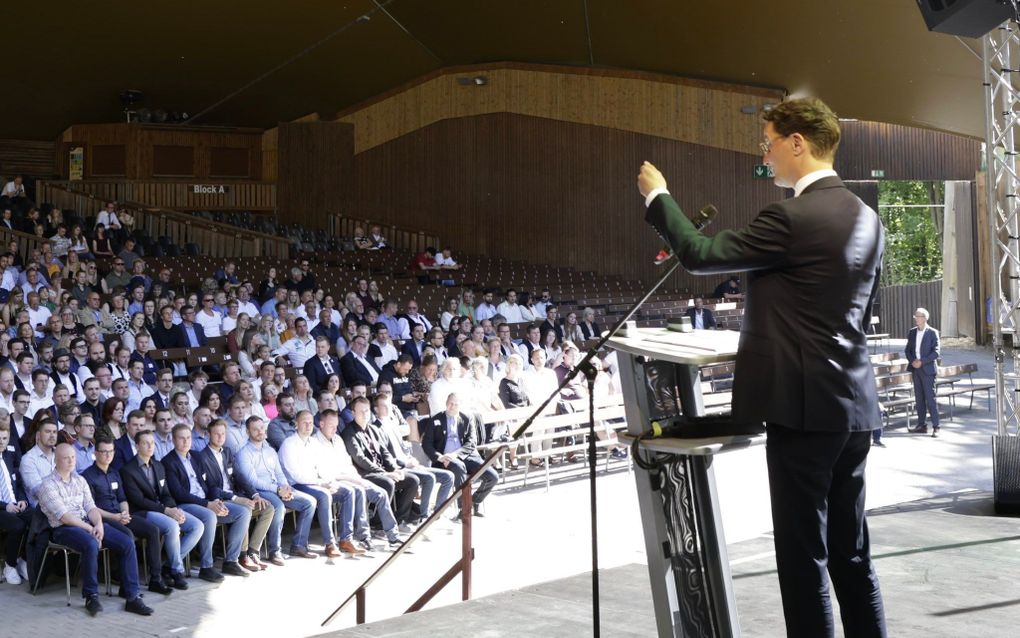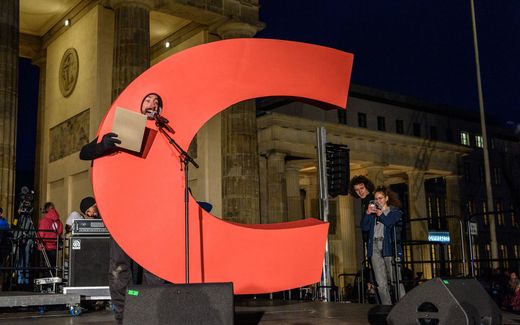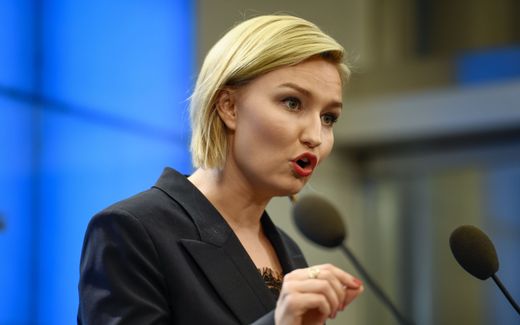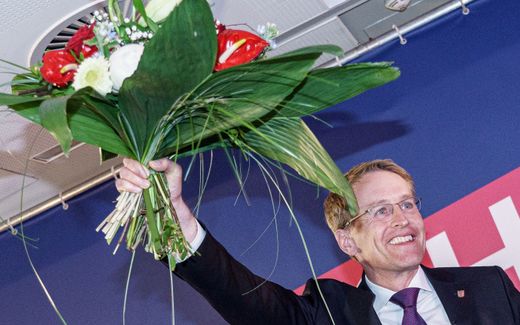Christian Democrats win in North Rhine Westphalia

Hendrik Wüst. Photo Twitter, Hendrik Wüst
Central Europe
The German Christian Democratic Union (CDU) remains the largest party in the German state of North-Rhine Westphalia. On Sunday, citizens voted for a new regional government.
According to provisional results, the CDU received 35.7 per cent of the votes. That is close to 3 per cent more than five years ago.
The Social Democrats of the SPD, the largest opposition party, suffered a significant loss. They received 26.7 per cent of the votes. Five years ago, they were still able to gain 31.2 per cent. 18.2 per cent of the population of the state voted for the Green Party, while 5.4 per cent preferred the right-wing AfD. The liberal party FDP lost half of its votes from 2017: it then received 12.6 per cent of the votes; this year, only 5.9 per cent. About 55.5 per cent of the population of North-Rhine Westphalia cast their ballots. That is a historical low.
End of the current coalition
The current coalition of CDU and FDP will not continue. Hendrik Wüst leads the alliance at the moment. However, with the recent results, the CDU will receive 76 seats, the SPD 56, the Greens 39, the AfD 12 and the FDP 12. For the new coalition, Wüst will therefore have to negotiate with the Greens or the SPD, as his current coalition partner has almost lost half of its seats.

The most prominent winners of the elections are the Greens. With Mona Neubaur at the top, their popularity tripled, from 6 to 18.2 per cent. Without them, a coalition will not be possible unless the CDU and the SPD attempt to form a broad centre coalition. However, this does not seem very likely. Possibly, the victory of the Greens is due to the popularity of the ‘Green’ ministers Robert Habeck and Annalena Baerbock in Berlin, as Die Tagesschau reports.
SPD open to traffic light alliance
In reaction to the preliminary results, CDU leader Wüst announced that he would talk to all factions except the AfD. That is reported by Zeit Online.
Thomas Kuschaty, from the SPD, said that he was open to a traffic light alliance. “We will not close our minds to talks”, he said to Zeit Online. Even though the CDU and the Greens can form a coalition together, Kuschaty thinks that other options are not unlikely.
FDP candidate Christian Lindner said on Sunday evening that the results of the elections were a “disastrous defeat” for the party.
Defeat for chancellor Scholz
The elections in North Rhine Westphalia are seen as the most important of this year. The state is the largest in the country and houses almost 18 million inhabitants. About 13.2 million people are allowed to vote. Before the elections, the expectation was that the SPD and the CDU would be close in popularity. That it did not happen is seen as a defeat for chancellor Olaf Scholz of the SDP.
For a long time, North-Rhine Westphalia was a social-democratic stronghold. However, since 2017, the SDP has been part of the opposition. The same happened from 2005 to 2010. During the previous elections, the CDU also became the biggest party which presented the state prime minister. In the state of Schleswig-Holstein, the CDU benefited from a popular prime minister. However, this is not the case in North-Rhine Westphalia. Wüst was appointed in October because his predecessor, Armin Laschet, left for the Parliament in Berlin after the disappointment following the national elections for federal chancellor.
The elections in North Rhine Westphalia are the second last of this year. At the end of March, the SPD won an absolute majority in Saarland. The CDU, which had been in power for 23 years, had to withdraw to the opposition. Contrary, in Schleswig-Holstein, the CDU won a significant victory at the expense of the SPD. The last elections will be held in October in Niedersachsen.
Related Articles






